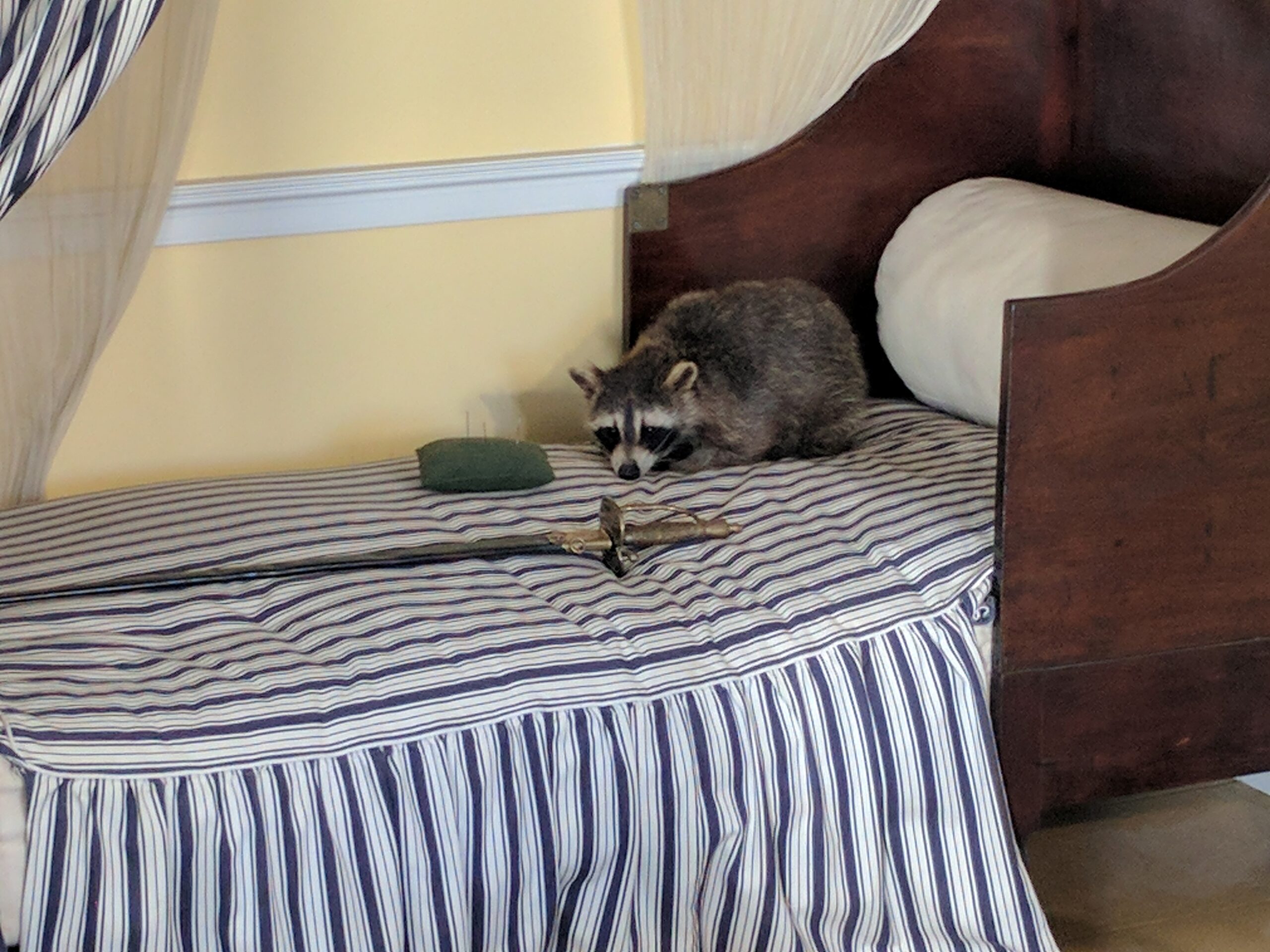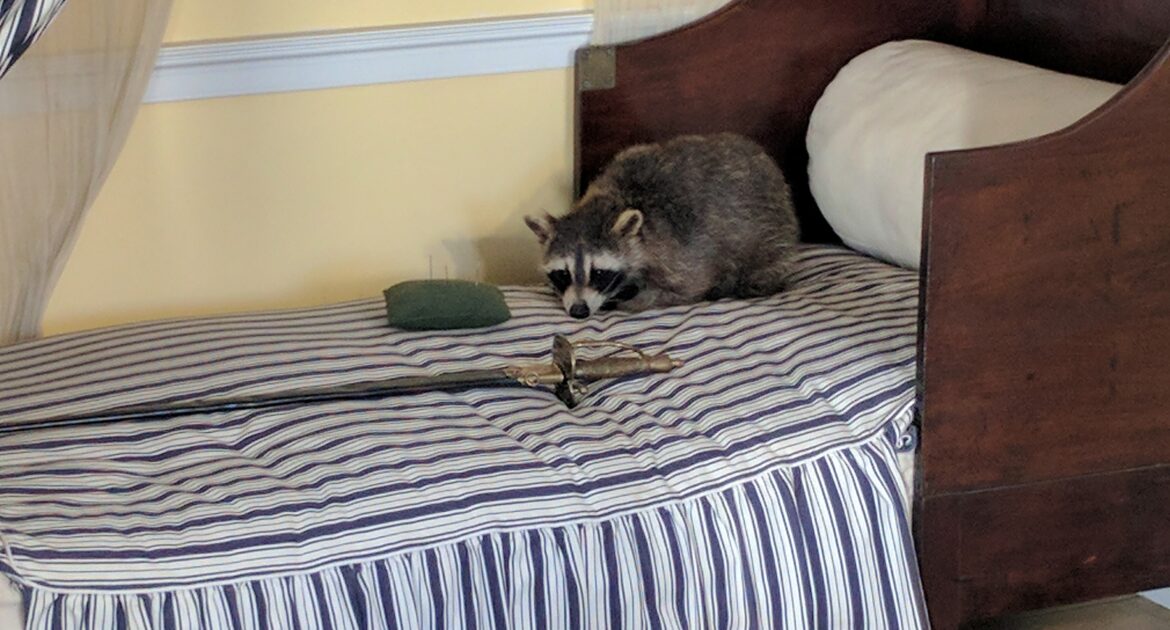If you have outdoor pets, you should always be concerned with the types of wildlife that live on your property in Durham. Some wild animals pose no threat to your pets, while others could be dangerous if they feel threatened. Raccoons fall into the latter category, but if you have cats, you may be surprised to know that raccoons often get along well with felines. However, it’s always best to keep your cat companions away from raccoons as often as possible. Here’s what you need to know about the relationship between the two species.
Do Raccoons and Cats Get Along?
For the most part, cats and raccoons are indifferent to each other. If they happen to cross paths, there is usually little to no interaction, and then the animals go their separate ways. Cats are usually small enough that raccoons don’t feel threatened by them, so almost all interactions between the two species are peaceful.
Would a Raccoon Attack Your Cat?
There are plenty of horror stories about raccoons being seen eating dead cats, but these stories are circumstantial at best. Raccoons do eat meat, but they are notorious scavengers. When they do kill, they usually target smaller creatures such as chickens or crayfish. There have been a few confirmed stories of raccoons attacking small kittens, but adult cats have little to fear from raccoons.
Can Cats and Raccoons Share Diseases?
The biggest danger of having raccoons on your property when you have cats is that the two species often share diseases. Raccoons can carry many of the same diseases that your cat can, so it is essential that your outdoor feline is vaccinated. If your cat is unvaccinated, it can spread these diseases to raccoons that then spread them to other animals.
Similarly, raccoons can spread other diseases to your cat. Raccoons are prone to carrying diseases such as rabies and feline distemper. Without treatment, these two diseases can be fatal for your cat. Raccoons can also carry roundworms and give them to your cat. While not always fatal, roundworms are often gross and expensive to get rid of. The best way to protect your cat from these diseases is to have it vaccinated, but even vaccination does not guarantee that your pet will not contract these diseases from a raccoon. This is why it is never a good idea to willingly leave your cat near a raccoon.
Do Raccoons Eat Cat Food?
Raccoons love cat food and are often attracted to it when it is left outside. Although the two species don’t fight over the food and have even been known to share the same bowl, it’s not a good idea to allow a raccoon to eat your cat food. Having such easy access to food makes a raccoon too comfortable around your home, and may even make your house the perfect place to make a den site.
How Can Skedaddle Humane Wildlife Control Help With Raccoon Removal?
Although cats and raccoons don’t often bother each other, it’s never responsible to leave your pet alone near wildlife that could be dangerous. It’s best to have raccoons removed from your property if you have outdoor cats because you don’t want to take a chance on your feline companions being hurt by a sick raccoon. However, you also care about the wellbeing of the raccoon so you never want to injure it by attempting to remove it yourself.
When you need raccoon control in Durham, it’s best to call in the professionals. Skedaddle Humane Wildlife Control has a team of experts that is skilled at removing raccoons from your property and preventing their ability to return. Let us help you keep your pets safe by providing safe, humane raccoon removal. Contact us today to schedule an appointment.




